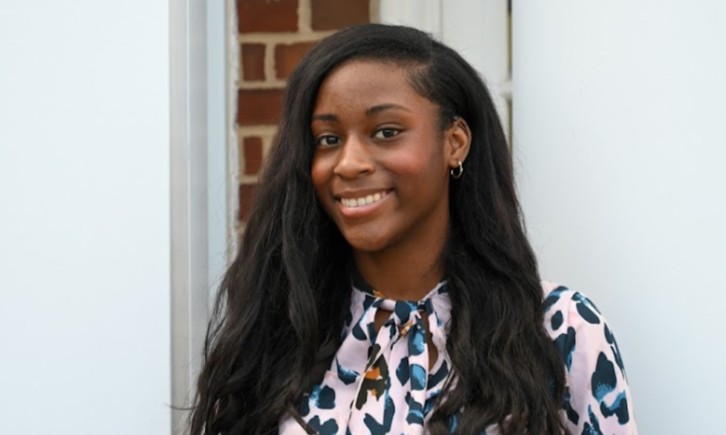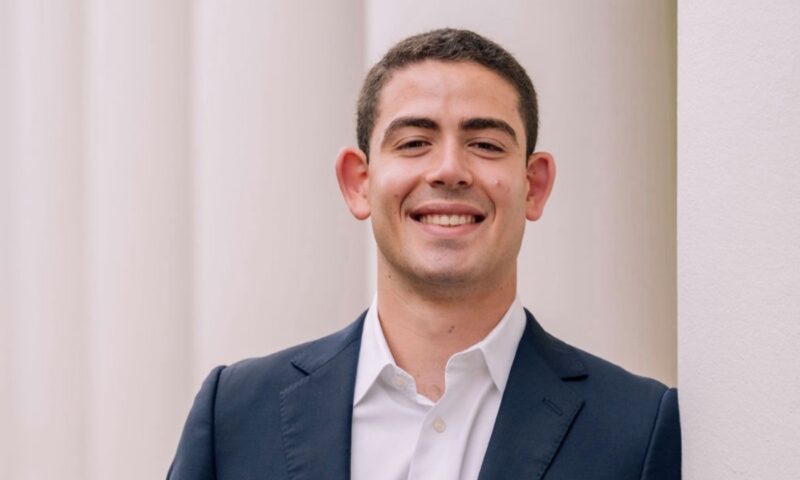By Caroline Challe, cfc8ev@virginia.edu
Early on Saturday mornings, Amanda Hedgecock, an MBA student at the University of Virginia’s Darden School of Business, pores over the tax returns of Charlottesville community members. She is one of more than 215 volunteer income tax assistants involved in a student-run program called Creating Assets, Savings & Hope, or CASH.
CASH is designed to help low-income workers file their taxes and maximize their refunds. “We receive tax documents from local Charlottesville community members making under $57,000 a year,” Hedgecock said. “Then we will prepare the tax forms for them, run them through their refund, make sure it’s checked several times to ensure accuracy, and really explain why they are getting a refund or not.”
After coming to Grounds in the fall, Hedgecock decided to use the skills she learned during her work with the online payment system PayPal and join CASH at UVA. CASH is a program of Madison House–the independent, nonprofit volunteer center for UVA students.
“PayPal’s mission is to democratize financial services. So I was looking for a volunteer opportunity along that vein, and I was involved in the CASH campaign of Maryland last year,” Hedgecock said. “When I moved to Charlottesville, I wanted to continue doing similar type of work and I was psyched that UVA had its own program.”
In order to provide tax assistance, a certification is required. UVA’s CASH program trains students to qualify for the highest level of certification.
“It was cool for me to join UVA’s CASH campaign, because when I volunteered in Maryland, I only received a basic certification,” she said, “but through this program I now have an advanced certification, which has helped me take on a broader range of scenarios and be able to help more clients.”
Normally, CASH volunteers fan out to several sites around Charlottesville and help people in person. This year, due to COVID-19, the program is virtual.
“Being online has caused returns to take much more time because we have the extra step of confirming with clients that their return and their refund numbers look right,” said Myles McPartland, a fourth-year McIntire School of Commerce student and head program director of CASH. “So, you end up playing a little bit of phone tag with people. Whereas in the past, we’ve been able to do the whole process with them in person.”
The United Way of Greater Charlottesville, a longtime partner of CASH, provided resources to help CASH volunteers connect with people who may not have reliable internet access.
“As long as the client is able to get their tax return and tax documents to be scanned at United Way, we’ve been able to reach out over the phone,” said Brendan Ackleson, a fourth-year Commerce student and treasurer of CASH, “and we’ve really utilized mail and email to communicate with our clients.”
Despite the difficulties of remote volunteering, CASH’s work is more important than ever.
“This year, our services have been especially valuable because we’re checking to make sure everyone got their stimulus payments from last year,” Hedgecock said. “So just that’s helping people who have fallen through the cracks for whatever reason.”
COVID-19 has reframed how CASH provides its services and demonstrated ways to make volunteering more equitable, especially for clients who might have difficulty traveling to an in-person consultation.
“Having an option for clients to not actually have to come into a site provides an opportunity to reach more people, so I would foresee in the future having a more hybrid approach,” McPartland said. “I think there’s a portion of Charlottesville that we haven’t been able to help in the past who maybe don’t have the ability to physically get to the sites.”
CASH’s effect on the community is undeniable.
“This year it looks like we’re going to have $1 million of direct economic impact and around 500 families served,” McPartland said. “We have so many clients come in and tell us how thankful they are and that this has helped them to put food on the table.”



